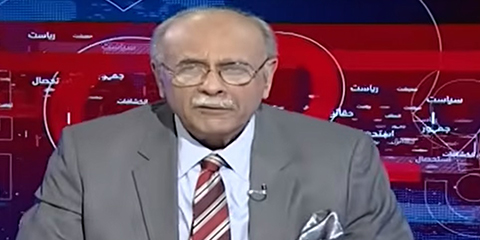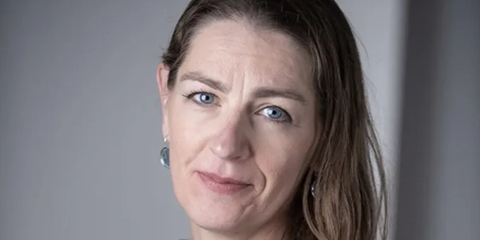Yusuf Lodhi (Vai Ell) (1938-1996)
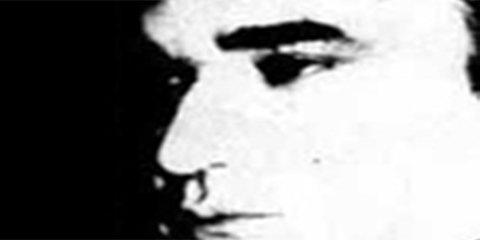
Yusuf Lodhi, an accidental but acerbic cartoonist, who introduced a new form of political caricature in Pakistan, joined the world of journalism in 1969 as assistant editor of Peshawar Times.
An article by Seher Gul – Vai Ell and his master – in The Friday Times describes him as “something of a bon vivant, the consummate anti-establishment liberal.”
Lodhi joined the Frontier Guardian in 1972. For the next two years he and the newspaper landed in trouble because of anti-establishment views. The editor went to jail a number of times as the newspaper was banned in 1974.
At the same time Vai Ell’s book Bhutto My Master, a book of cartoons harshly criticizing Zulfiqar Ali Bhutto’s authoritarian style of governance, was banned by then NWFP government.
Vai Ell was also arrested in 1975 in connection with the murder of Hayat Khan Sherpao – elder brother of Aftab Khan Sherpao – who died in a bomb blast in Peshawar. However, the cartoonist was released after a few months.
As an editor of Frontier Guardian, Lodhi had, according to the article, hired “a temperamental cartoonist who had the habit of disappearing without warning. One day the man failed to turn up, and Yusuf Lodhi was in great need of a cartoon, so in desperation he drew it himself. That was the day editor Yusuf Lodhi began to be assisted by a cartoonist called Vai Ell (a play on his initials YL). This pseudonym was for many years thought to be that of a very pretty French woman. Vai Ell went along to promote that belief, much to his own amusement.”
Vai Ell joined Outlook in 1974 as special correspondent. However, the same year his interview of Abdul Wali Khan, then chief of National Awami Party (NAP), led to a ban on Outlook.
Mahir Ali says: “A substantial portion of Vai Ell’s enduring fame owes itself to the early years of the Bhutto era when his cartoons adorned the covers of periodicals such as his own Frontier Guardian and Outlook.”
By the time in 1979 when Vai Ell joined The Muslim he had authored more books – Sag Aza, There was a little girl, and Dushman Asman Apna. The NWFP government also banned Sag Aza.
In 1980 Vai Ell became graphic designer for South, London and from 1981-85 worked for Dawn. He also worked for The Nation, Frontier Post, Herald, and The Star.
He received a number of awards, including Scandinavian International in 1983 and Helsinki International (1985). However, Vai Ell refused to receive the APNS award which was to be given by the Chief Martial Law Administrator.
In Vai Ell on Faiz, Lodhi illustrated the verses of Faiz Ahmed Faiz.
(Sources: sajjanlahore.com, shahid-saeed.org; thefridaytimes.com)
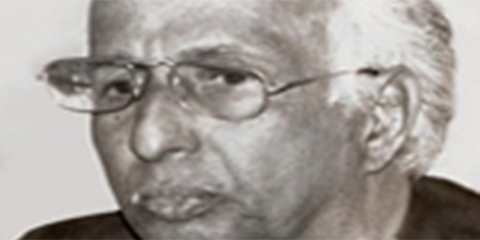
Nisar Osmani
Born in Allahabad in 1931, Mr. Nisar Osmani had his early education in India. Migrating from India soon after the creation of Pakistan, Nisar Osmani stepped into practical life as a school teacher in Bahawalpur.

Mushahid Hussain Sayed
Mushahid Hussain Sayed has the distinction of becoming the youngest editor of a national English daily The Muslim (now defunct). He achieved this honor at the age of 29 in 1982.
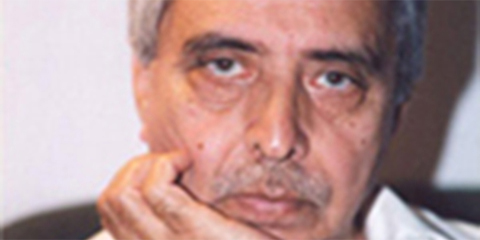
Khalid Hasan (1935-2009)
Khalid Hasan was a senior Pakistani journalist and writer. He was born in Srinagar, Kashmir. He was the brother in law of the first elected president of Azad Jammu & Kashmir K H Khurshid, private secretary
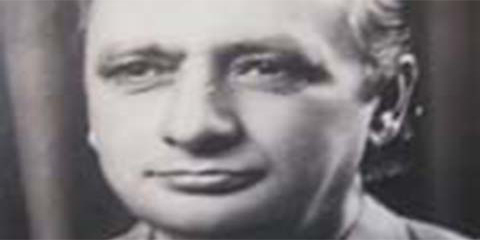
Khalid Akhtar (1935-2005)
Khalid Akhtar was a senior journalist who started his career in 1973 as a Sub-Editor and Editorial Writer with The New Times. He worked with The Muslim in Islamabad as its Executive Editor
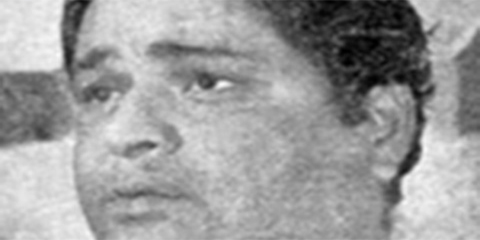
Majeed Lahori (1913-1957)
Majeed Lahori, born Abdul Majid Chohan in 1913 in Gujrat, was truly a people's columnist, according to Khalid Hasan, adding what he wrote remains as delightful today as it was then.
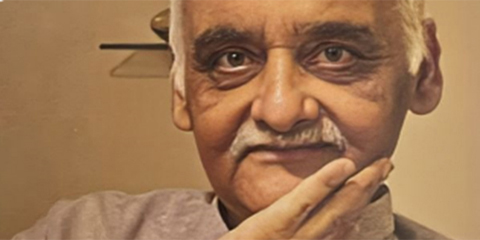
Gul Hameed Bhatti (1947-2010)
Gul Hameed Bhatti was a top ranked cricket journalist and statistician. He also loved flying and was a commercial pilot with the Pakistan International Airlines between 1968 and 1971.
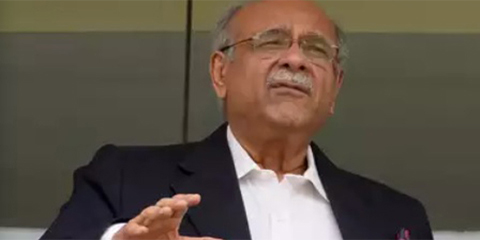
Najam Sethi
Najam Sethi is an award-winning journalist and media personality. He is the Editor-in-Chief of The Friday Times, a Lahore-based political weekly. He was previously the Editor of Daily Times and
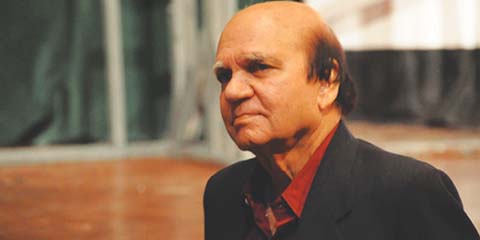
Agha Nasir (1937-2016)
Born on February 9, 1937 in Meerut, India, Agha Nasir was an outstanding director, producer, broadcaster and a TV playwright. After graduating from the University of Karachi, he started his career with a stint with Radio Pakistan in 1955.
Newsroom

Pakistan’s ad ban on Dawn sparks media freedom concerns
December 14, 2025 Dawn Media Group says Pakistan has imposed an unannounced ban on government advertising, drawing condemnation from media bodies over press freedom and independent journalism.
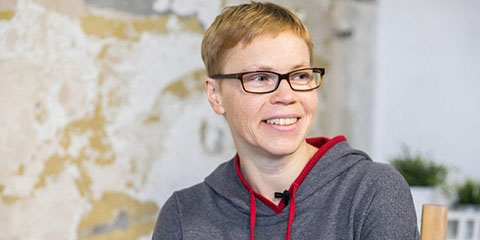
Belarus journalist Maryna Zolatava freed after four years
December 14, 2025 Belarusian journalist Maryna Zolatava was released after spending more than four years in detention, along with 123 other political prisoners, highlighting the ongoing struggles for press freedom under Lukashenko.
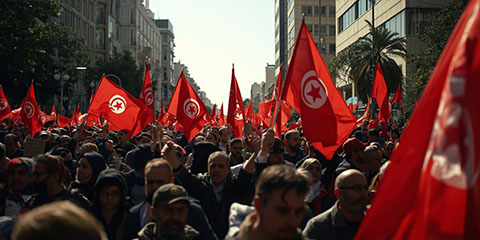
Tunisia protests revive press freedom concerns
December 14, 2025 Protests in Tunisia on December 13 spotlight jailed journalists and politicians, renewing international concerns over legal and administrative pressure on independent media.

PFUJ raises alarm over pressure on Dawn Media Group
December 14, 2025 Pakistan Federal Union of Journalists condemns the advertising ban on Dawn Media Group, warning that it threatens press freedom and calls on the government to restore ads immediately.

Japan anti-espionage law plan raises media freedom fears
December 14, 2025 Japan plans fast-track anti-espionage and secrecy laws, prompting warnings from legal experts and press advocates that broad rules could chill journalism and weaken source protection.





